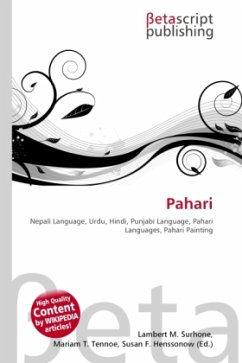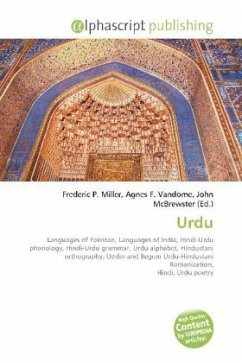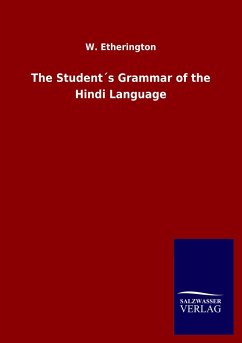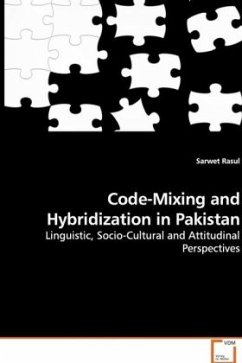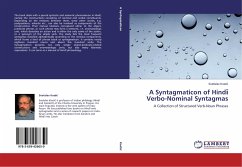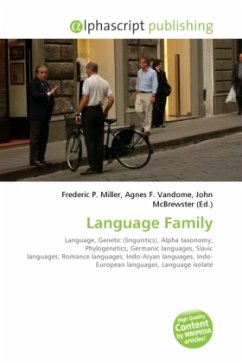
Language Family
Versandkostenfrei!
Versandfertig in 6-10 Tagen
39,99 €
inkl. MwSt.

PAYBACK Punkte
20 °P sammeln!
A language family is a group of languages related by descent from a common ancestor, called the proto-language of that family. As with biological families, the evidence of relationship is observable shared characteristics that are not attributed to borrowing. An accurately identified family is a phylogenetic unit; that is, all its members derive from a common ancestor, and all attested descendants of that ancestor are included in the family. However, unlike the case of biological nomenclature, every level of language relationship is commonly called a family. For example, the Germanic, Slavic, ...
A language family is a group of languages related by descent from a common ancestor, called the proto-language of that family. As with biological families, the evidence of relationship is observable shared characteristics that are not attributed to borrowing. An accurately identified family is a phylogenetic unit; that is, all its members derive from a common ancestor, and all attested descendants of that ancestor are included in the family. However, unlike the case of biological nomenclature, every level of language relationship is commonly called a family. For example, the Germanic, Slavic, Romance, and Indic language families are branches of a larger Indo-European language family. Most of the world's languages are known to belong to language families. Those that have no known relatives (or for which family relationships are only tentatively proposed) are called language isolates, which can be thought of as minimal language families. An example is Basque. It is generally assumed that most language isolates have relatives, but at a time depths too great for linguistic comparison to recover.



